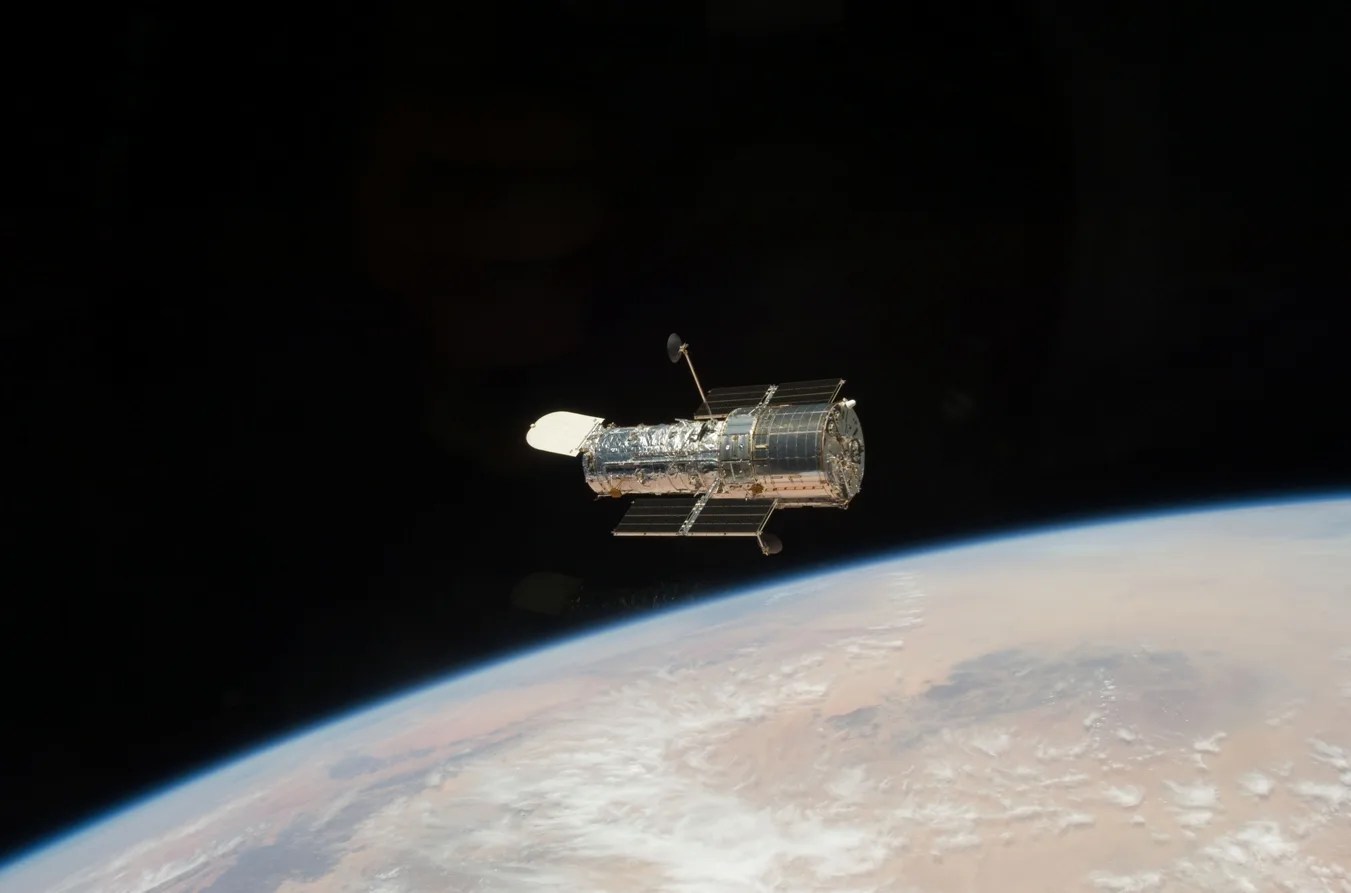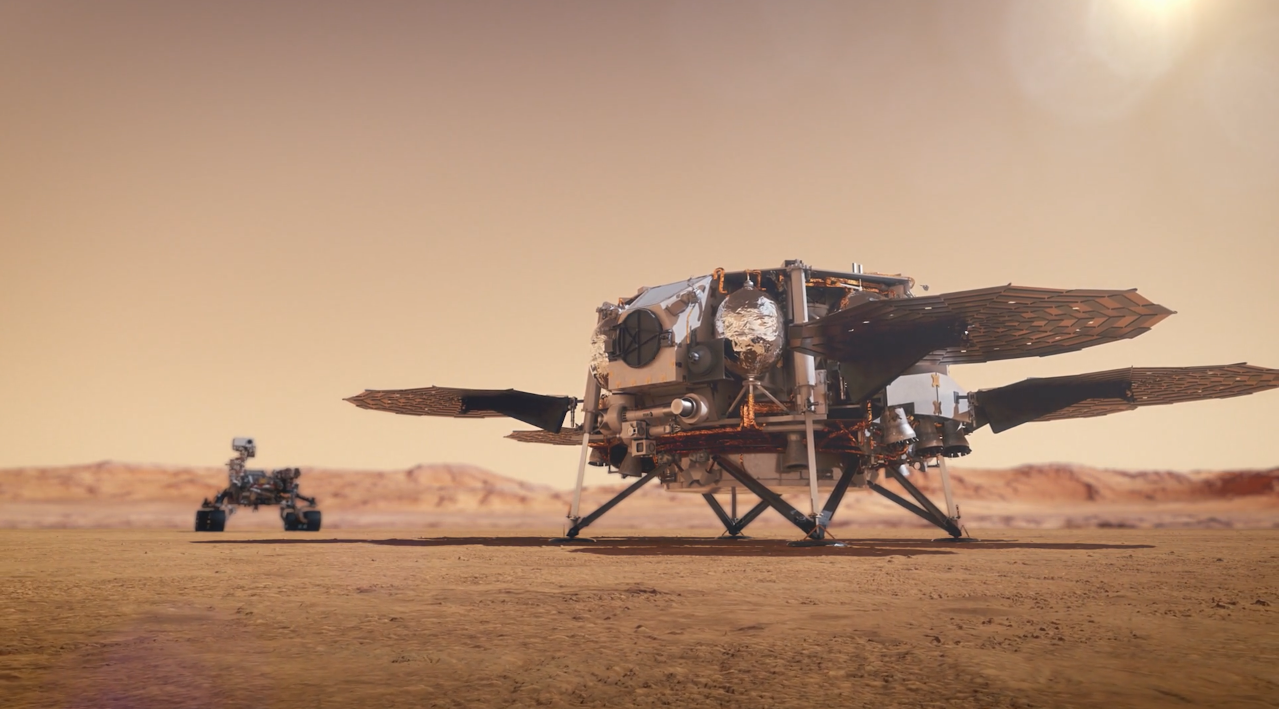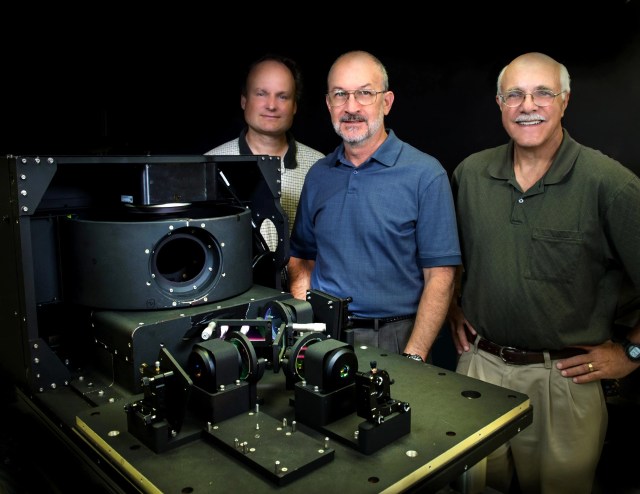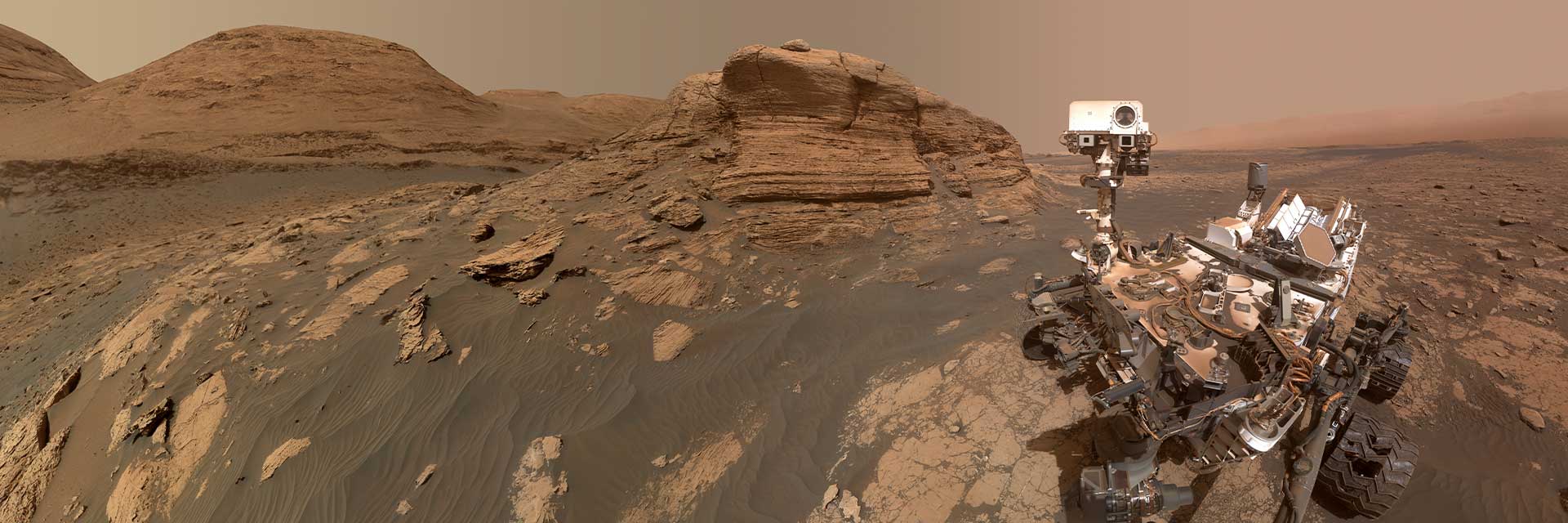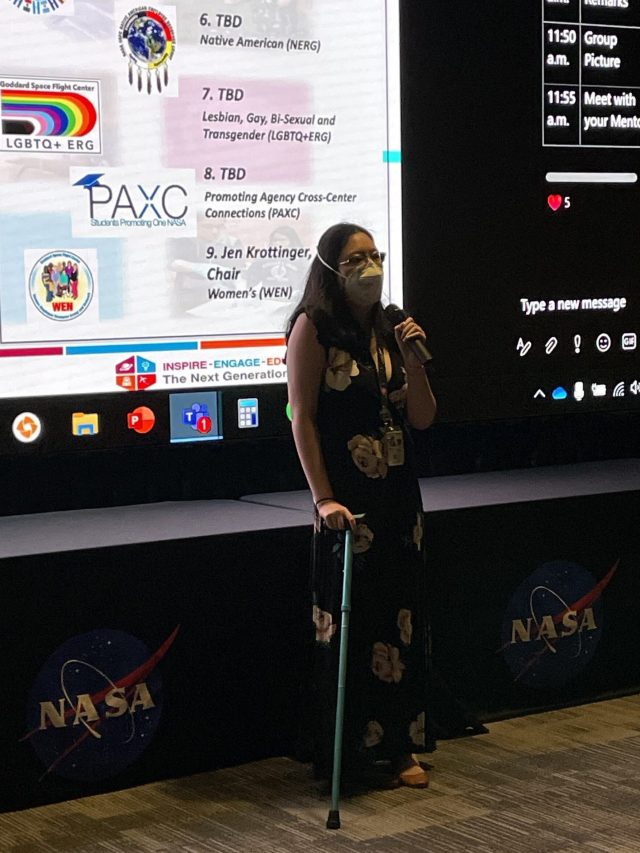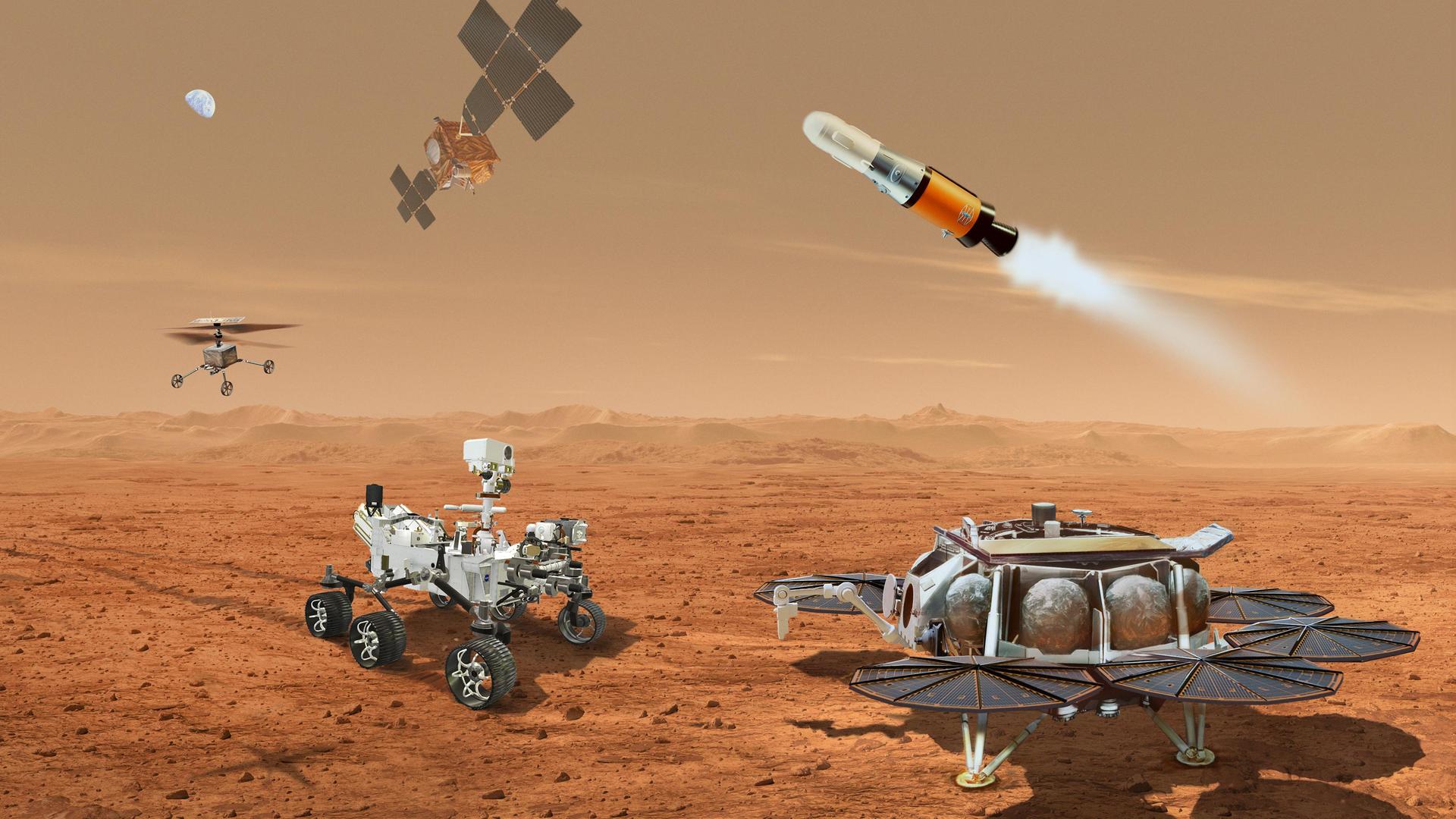The agency established the board in May 2023 to evaluate the technical, cost, and schedule plans prior to confirmation of the mission’s design.
An Independent Review Board (IRB) looked at NASA’s current plans and goals of the first mission to return samples from Mars, and NASA is establishing a team to respond.
In addition to bringing home the first sample collected from Mars, this highly complex mission would include the first launch from the surface of another planet, as well as the first in-orbit rendezvous at another planet. Mars Sample Return is a partnership with ESA (European Space Agency).
“NASA has plans for a robust Moon to Mars exploration approach,” said Nicola Fox, NASA’s associate administrator for science. “Mars is rich destination for scientific discovery and understanding the red planet supports the agency’s Artemis program to ultimately send humans to Mars.”
The board provided its report to NASA earlier this month, which noted the scientific importance of the mission, but expressed concerns over the mission’s budget, among other areas. After a two-month evaluation, they provided the agency a report with 20 findings and 59 recommendations.
“Mars Sample Return is a very complex program and campaign with multiple parallel developments, interfaces, and complexities,” said Orlando Figueroa, chair of the independent review board. “The development of this historic effort follows many decades of strategic investment.”
NASA established the Independent Review Board in May 2023 to evaluate the technical, cost, and schedule plans prior to confirmation of the mission’s design. The board interviewed a wide variety of NASA and external experts to understand the program’s scope and management, technical approach, schedule, and funding profile.
In response to the report, NASA has set up a team – led by Sandra Connelly, NASA’s deputy associate administrator for science – to review the Mars Sample Return report. The team will make a recommendation by the second quarter of fiscal year 2024 regarding a path forward for Mars Sample Return within a balanced overall science program. The agency will delay its plans to confirm the official mission cost and schedule until after the completion of this review.
“Independent review boards like the one we commissioned for Mars Sample Return help review whether we’re on the right track to meet our mission goals within the appropriate budget,” said Connelly. “We thank the board for its work, and now our job is to assess the report and address if there are elements of the program that need to change.”
NASA’s planned Mars Sample Return campaign would fulfill one of the highest priority solar system exploration goals identified by the National Academies of Sciences, Engineering and Medicine in the past three decadal surveys. Returning samples will revolutionize our understanding of Mars by bringing scientifically selected samples to Earth for study using the most sophisticated instrumentation around the world.
A copy of the Independent Review Board’s Mars Sample Return report is available online at:
https://www.nasa.gov/news/reports/index.html
Dewayne Washington / Karen Fox / Alana Johnson
NASA Headquarters, Washington
301-832-5867 / 202-358-1275 / 202-358-1501
dewayne.a.washington@nasa.gov / karen.c.fox@nasa.gov / erin.morton@nasa.gov
2023-135


